Too hot to sleep? 7 things that can make you overheat at night
From hormones to food choices, discover the reasons why you can't sleep in the heat
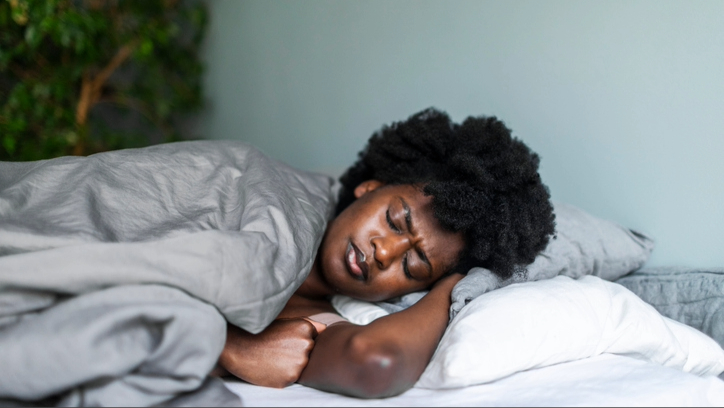
We can all get a bit hot and sweaty during warm summer nights, but sometimes there's more going on in the body causing us to overheat in bed.
There is a close connection between body temperature and ability to fall asleep, as your circadian rhythm relies on temperature cues among other things. Our bodies snooze best in cool temperature, which means that sleeping on one of this year's best cooling mattresses can boost your quality of sleep.
However, there are several environmental, lifestyle and health factors that disrupt our body's ability to regulate temperature.
We've spoken to Dr. Emma Lin, a board-certified Pulmonologist and Sleep Medicine Specialist and Co-Founder of ReadyO2, and Ana Schick, BA, CPT, CHC, Resident Sleep Expert and Health Coach at Sleepme to find out exactly what may be causing us to run hot at night, and what we can do to sleep better in the heat.
5 reasons why you overheat in bed
There are many different reasons why you could (always or occasionally) be sleeping hot, from lifestyle choices to medical conditions and hormonal changes…
1. Perimenoupause and menopause
Schick says hormonal shifts, specifically a drop in estrogen during perimenopause and menopause, can "override your body's built-in thermostat, leading to sudden heat surges known as hot flushes."
These can happen at any time of day, but are commonly more intense and frequent at night.
Get instant access to breaking news, the hottest reviews, great deals and helpful tips.
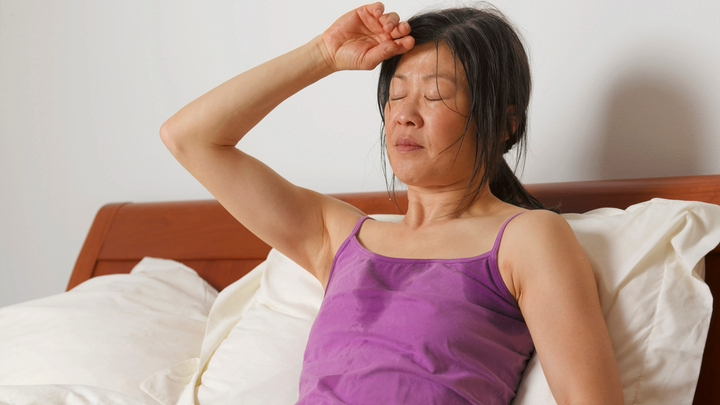
“Estrogen has a big role in regulating our cardiovascular system,” which is "heavily involved in what we call thermo regulation – the center of the body that controls our heat," Dr. Sarah Jenkins, who we spoke to for our feature on sleep problems during menopause, explains.
"And when we have an estrogen deficiency, we can get hot flushes. Hence, you can wake up really hot in the night, literally soaking the bed sheets with sweat," she adds.
2. Menstrual cycle
Even before perimenopause arrives, women won't be strangers to a sweaty, sleepless night. Changes in hormone levels throughout their menstrual cycle can trigger hot flushes, says Lin.
Estrogen levels also drop just before a woman comes on her period. This impacts the hypothalamus, which is responsible for regulating body temperature.
The brain becomes more sensitive to temperature changes, leading to increased sweating or feelings of heat during the night.
Lin adds that men experience this temperature fluctuation too, if they have low testosterone levels.
3. Your diet isn’t sleep friendly
From sunlight exposure to your exercise routine, what you do during the day has a surprising impact on how well you sleep at night, and your diet is one of the key players here too.
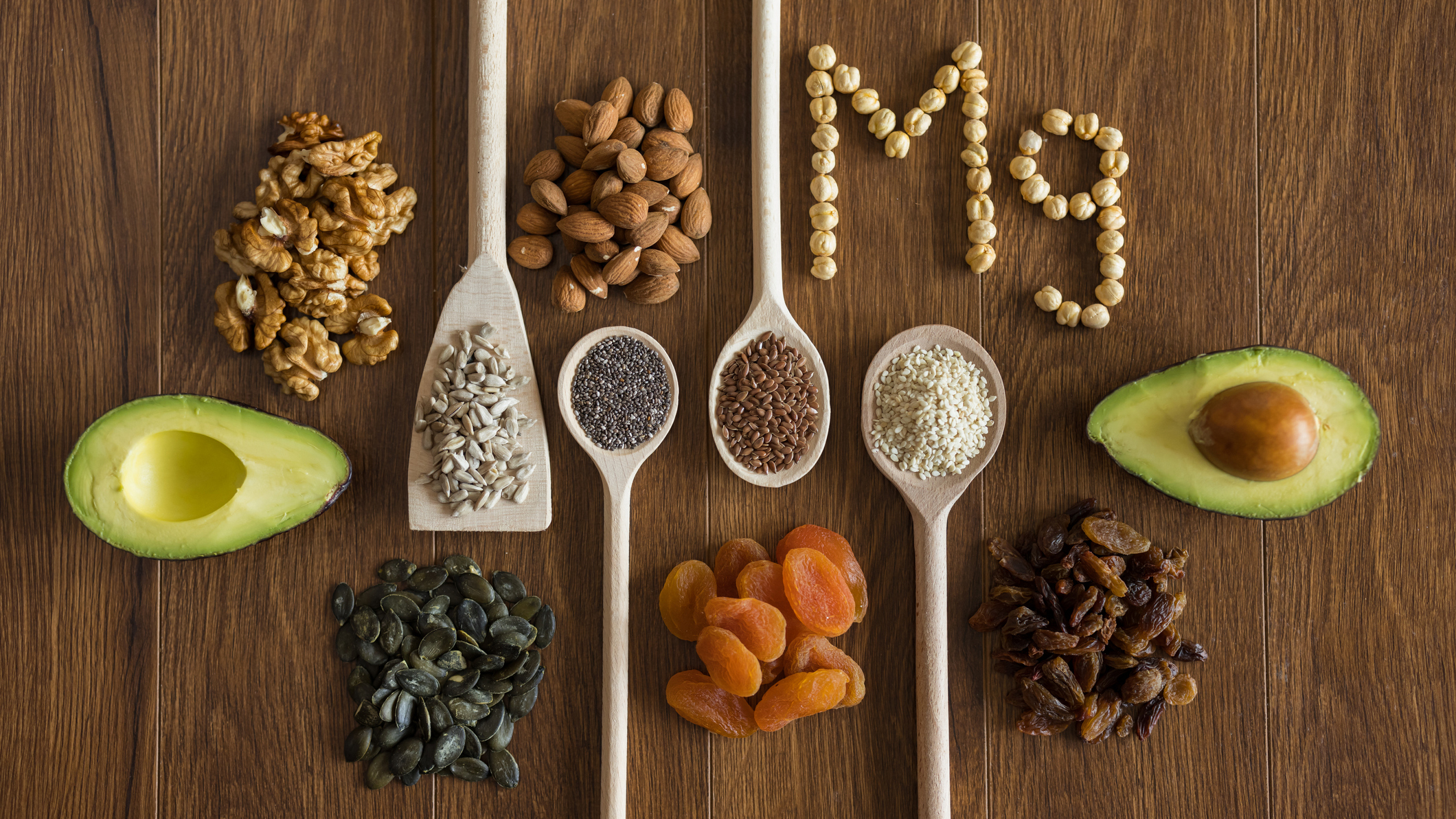
In terms of temperature regulation, there are certain foods that raise your body temperature in the metabolism process.
Schick says that caffeine (a well-known sleep disruptor) can increase body heat, alongside spicy foods containing capsaicin, which temporarily raises body temperature as it stimulates heat receptors.
Also note that the time you eat can impact your sleep. Eating large meals late at night will mean your body is still metabolizing food when you go to bed.
Think of your body as a well-fueled machine — its temperature will be raised while working to break down this food, rather than winding down (and cooling down) to sleep.
- Read more: Nutritionists reveal the 5 best (and worst) foods for sleep — it’s good news for carb lovers
4. You go to bed stressed
"High-stress levels can trigger cortisol-driven temperature dysregulation," says Schick.
When we're stressed, our bodies release more hormones like cortisol and adrenaline, which increase heart rate and blood flow. Ultimately, this leads to an increase in body temperature, fighting against the body's urge to sleep.
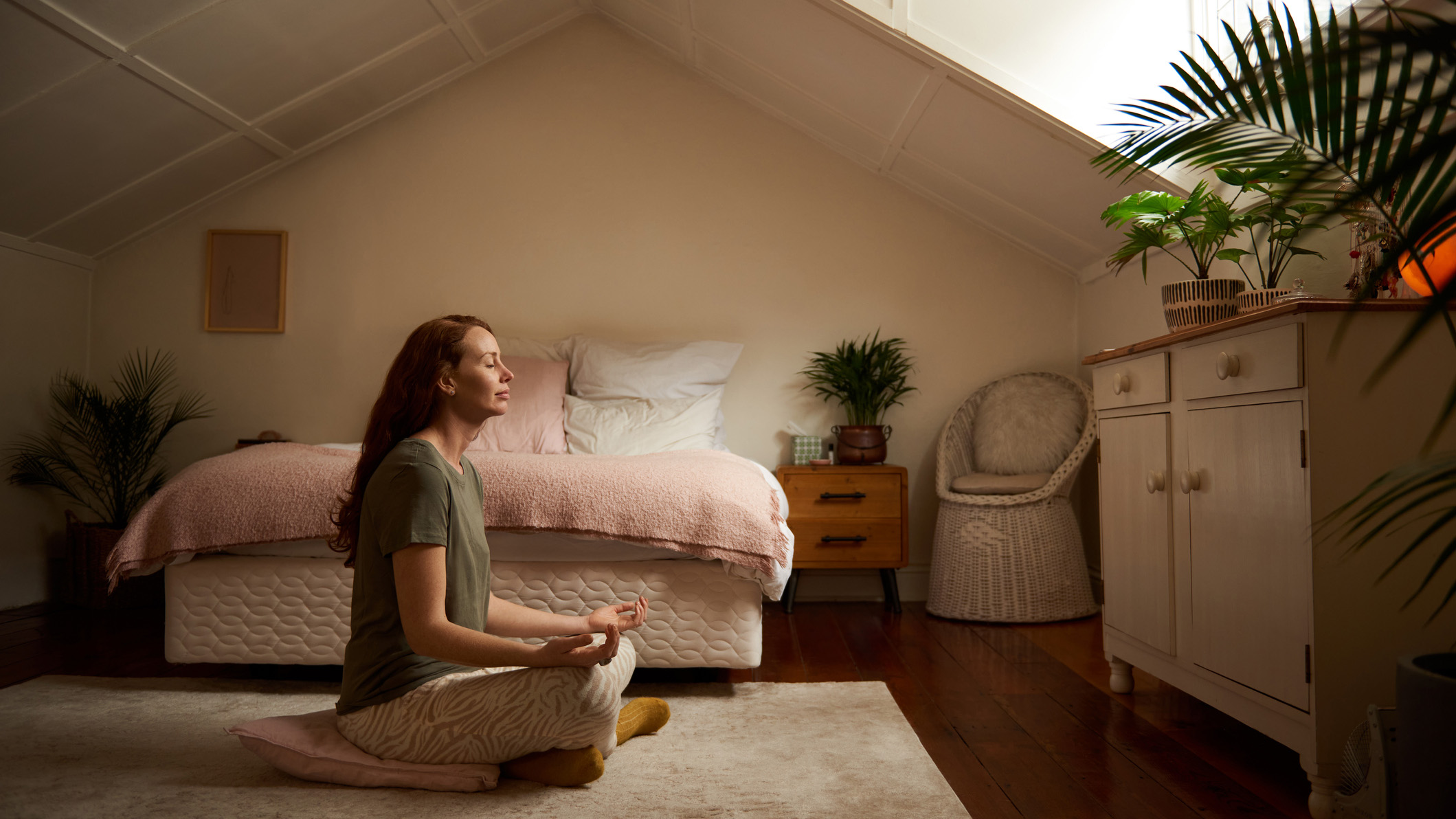
Hence, it is useful to follow deep breathing exercises at night to help your body calm and cool down before hitting the hay. Having tried them ourselves we recommend moon breathing and the 4 7 8 sleep method.
5. Your sleep set-up is poorly ventilated
Your bedroom may be lovely and cozy, but is it at the optimal temperature for sleep? You may need to adapt your sleep set-up to accommodate the warmer weather during summer months.
It's important to make sure your bedding and sleepwear is breathable, to allow good airflow during the night and to help wick away moisture, preventing you from getting clammy and uncomfortable.
You may even need to change up your mattress to help with temperature regulation. As mattresses age, their materials wear down, becoming less breathable and more likely to trap heat.
We recommend a top-rated cooling mattress with specialist climate control tech to anyone struggling to beat the heat at night.
6. Alcohol consumption
Schick explains that alcohol can dilate blood vessels, increasing blood flow to the skin and leading to a flushed feeling.
A study published in the America Journal of Physiology, which assessed the impact alcohol consumption had on the circadian core temperature of nine healthy men, concludes alcohol consumption increases nocturnal core body temperature by an average of 0.36°C (0.65°F).
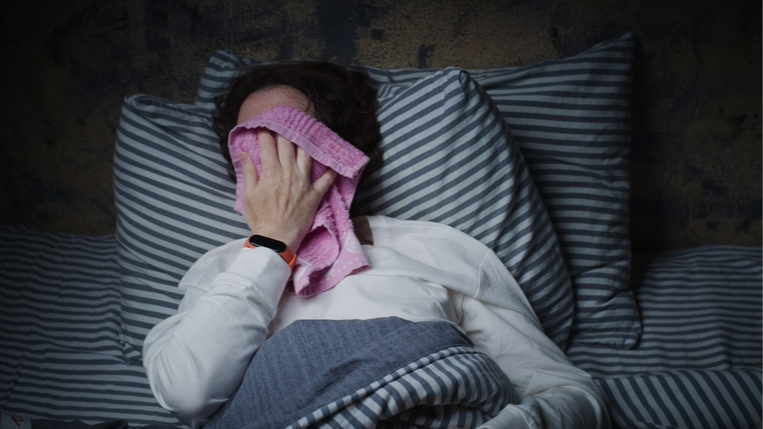
Hence, you may overheat in bed after a night on the booze. A 2020 study by French researchers also shows alcohol disrupts the natural circadian rhythm and melatonin production alongside thermoregulation mechanisms.
Leaving you feeling hot and dysregulated, alcohol consumption often results in poor sleep quality.
7. Smoking
Alcohol and smoking are often put on par when it comes to compromising health. Similarly to drink, smoking, specifically nicotine, can dysregulate body temperature.
A 2021 study of over 600 Lebanese women, 62.5% of which experienced hot flushes, noted a "statistically significant difference [...] between women who experience hot flashes and their counterparts with respect to smoking."
Smoking cigarettes can lower estrogen levels, narrow blood vessels and increase heart rate and blood pressure. All of which can alter temperature regulation in the body.
What's the relationship between temperature and sleep?
Thermoregulation within the body plays a vital role in how well we sleep. Of course, tossing and turning in a sweaty fluster is not conducive to peaceful sleep, but there's more going on inside the body which stops you sleeping when you're hot.
Temperature is a key circadian rhythm cue. This means it helps regulate the body's internal biological clock, influencing sleep-wake cycles and hormone release.
For sleep-inducing hormones, e.g. melatonin, to be released, your core body temperature needs to drop. Therefore, reducing your temperature in the evening and maintaining a cool sleep space is crucial to getting restorative rest.
How can you cool down at night?
"Managing hot sleep starts with optimizing your sleep environment, routine, and thermoregulation," says Schick. How do you do this? Here's what she recommends...
- Follow a relaxing nighttime routine: Practicing calming activities at the end of the day helps you manage stress levels and, therefore, lower body temperature before bed. When you consistently follow a nighttime routine, your body will easily recognize when it is time to release sleep hormones, helping you fall asleep fast.
- Invest in your sleep space: From smart beds to cooling pillow and eye masks, there are plenty of gadgets on the market now that can help you finesse your nighttime temperature regulation. Check out our recommended cooling sleep tech deals to find the right products for you.
- Optimize your day for better sleep: Practicing healthy daytime habits like staying hydrated, getting fresh air and eating a balanced diet all contribute to a healthy cardiovascular system, which plays a key role in your body's ability to regulate temperature and sleep well.

Eve is a sleep tech product tester and writer at Tom's Guide, covering everything from smart beds and sleep trackers, to sleep earbuds and sunrise alarm clocks. Eve is a PPA-accredited journalist with an MA in Magazine Journalism, and has four years’ experience writing features and news. In her role as Sleep Tech Product Tester and Writer for Tom's Guide, Eve is constantly trying out and reviewing the latest sleep products from brands such as Apple, Garmin, Whoop, Hatch, Sleep Number, Eight Sleep, and Oura. A fitness enthusiast who completed the London Marathon earlier this year, Eve loves exploring the relationship between good sleep, overall health, and physical performance, and how great sleep tech can make that relationship even better.
You must confirm your public display name before commenting
Please logout and then login again, you will then be prompted to enter your display name.
 Club Benefits
Club Benefits





